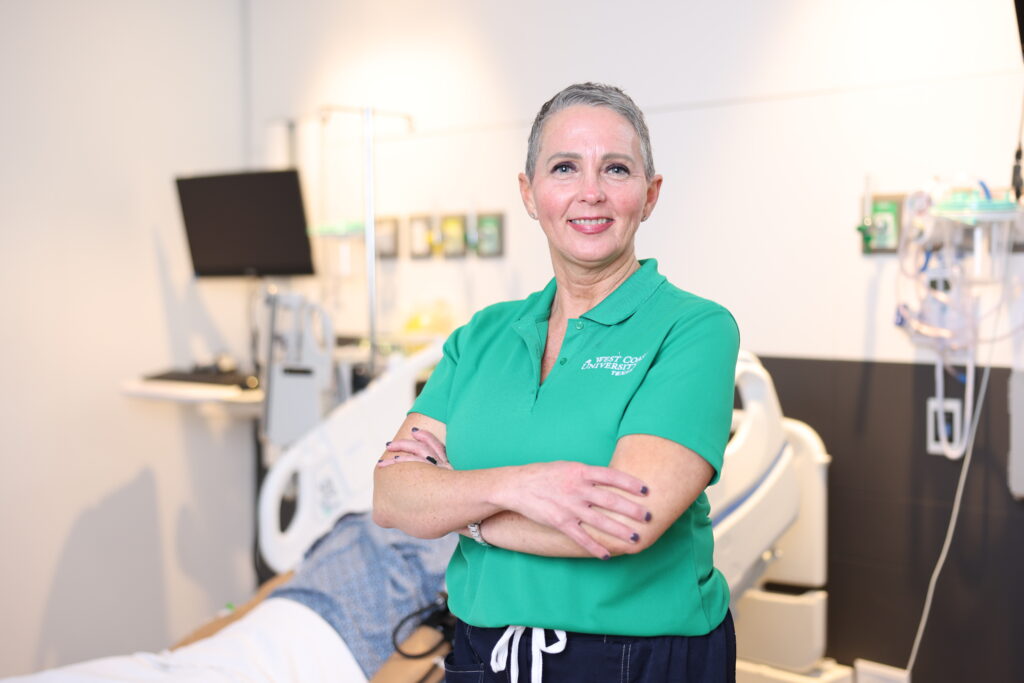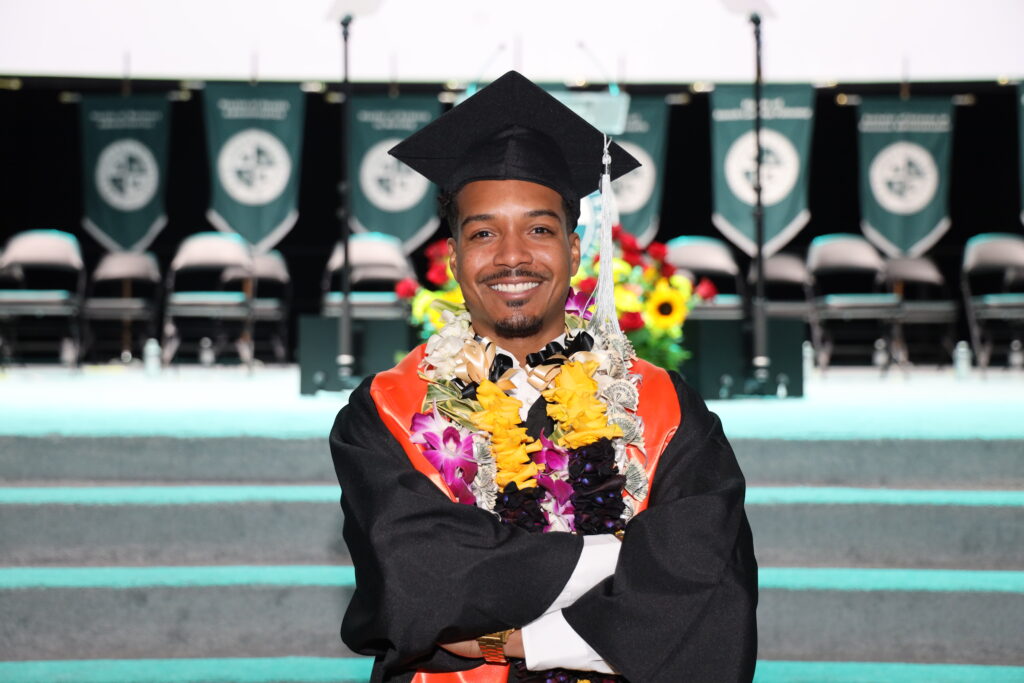After completing his master’s of science in occupational therapy (MSOT) in 2016, West Coast University alumni Patrick Castillo began his career working in acute care and acute rehab at a local hospital. Castillo had the opportunity to help patients who had suffered strokes, spinal cord injuries and different accidents.
However, Castillo’s first introduction to occupational therapy, was in a very different setting. While earning his degree in kinesiology, Castillo got a job working at a school for kids with autism and got to see OTs in action.
“I liked that you could work on a little bit of everything and look at the kids kind of holistically and take more broad approach,” he said about the experience.
It wasn’t long after graduating that Castillo went back to his roots, going back to working with kids with autism, this time as an OT.
“In the hospital, I would see a person two, three times and maybe never see them again. In the school, I can see these kids blossom,” he said. “There’s certain ‘aha’ moments — seeing a kiddo who was basically non-verbal, they couldn’t write, they pinched other kids or therapists, and to see that kid in a matter of two years just blossom — it’s wow! It’s incredible. I get to see them become more independent, more confident, happier.”
What would you say is the best way to describe the difference between occupational therapy and physical therapy?
They work hand-in-hand. OTs work on functionality so, what does this person need to do? What are they going back to? Do they need to be independent in certain things? Will there be family there that we could help educate?
Occupational therapy really stresses what’s important to the person — what does the person need and want to do and how do we get there. How do we get this person more independent, get them back to their prior level of function?
Working with kids, how do you approach occupational therapy?
You have to try different things. It’s not a one-size-fits-all approach. Writing, which is a lot of the time what we’re helping address, is not a preferred activity. To say, “we’re going to sit down and write,” the kids aren’t going to respond to that.
How do you turn work into a game? How do you work on those underlying skills without them even realizing they are doing it? You have to be creative.
What are some of the tips and tricks you use to get them motivated?
We play a lot of games. We’ll have them write in different textures. Let’s say we use cinnamon on a cooking sheet, and we use their fingers to write or copy a picture. They’ll copy their therapist drawing a snowman. We have them create letters with different items — even cooked pasta. Those are some ways to get a kid to work on those skills without pen and paper.
How has your day-to-day changed now that you can’t see the kids in person due to the pandemic?
I used to work with groups. Nobody was singled out, nobody was missing class time. It was fun and I think the kids really enjoyed it. Now that we’re in the lockdown, it is all pretty much one-on-one.
A lot of parents are opting out of Zoom. They’re busy, they’re becoming the teachers for all of their kids, so often they’ll opt just for classroom posts. What I’ll do is I’ll create an activity calendar and I’ll create a video of me performing some of those activities to give them ideas of how they can do it at home.
I’ll try to use household items, like painting with Q-tips. That’s a good way to get the kids to use that tripod grasp.
Do you have any advice for people considering a career in occupational therapy?
OT is such a diverse field — you can find your niche. And if you do choose OT, go in with an open mind. You can do home health. You can become a certified hand therapist. You can get your certification in feeding and specialize in that. There are so many avenues you can take. WCU really did a good job in showing you all the possibilities because the staff was so diverse.
WCU provides career guidance and assistance but cannot guarantee employment. The views and opinions expressed are those of the individuals and do not necessarily reflect the beliefs or position of the school or of any instructor or student.



